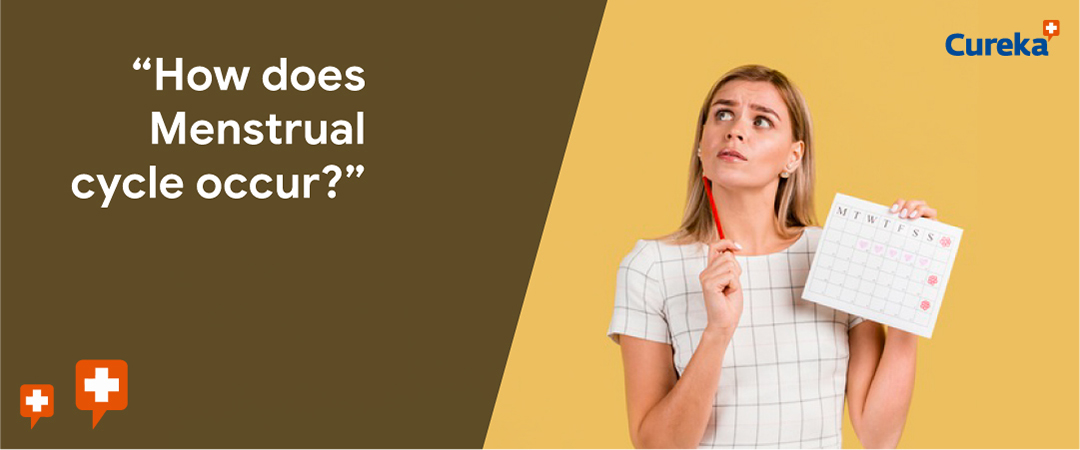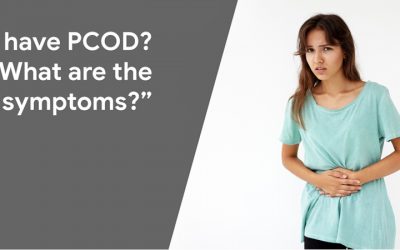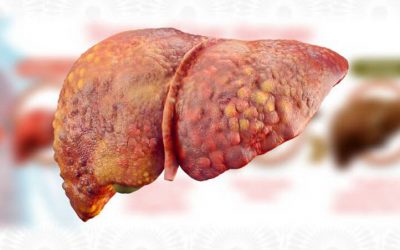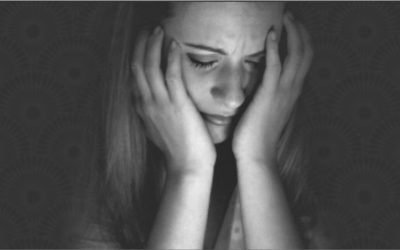How Does Menstrual Cycle Occur.?
Menstruation describes the female period that occurs in cycles. The menstrual cycle begins when a woman gets her period. During a period, body releases the tissue that grew to support a possible pregnancy. If pregnancy doesn’t occur, the egg is reabsorbed into the body. The menstrual blood which leaves her body are the products shed from the uterus. The ovaries prepare an egg for release and the womb prepares a lining to nourish the egg if it is fertilized.
When the egg is not fertilized, the lining of the womb is shed and a woman gets her period. Medically, menstruation is the process of discharging blood and other materials from the lining of the uterus at about one monthly interval from puberty until menopause, except during pregnancy. This discharging process lasts about 3-5 days. when talking about irregular periods, doctors suggesting some herbal supplements intake to regularize periods.

Normal Menstrual Cycles
- Noticing changes in the color of your menstrual blood over your period. Darker colors are common when flow is light. (6–9)
- Noticing clots or clumps, especially on the heaviest days
- The typical 5–80 ml amounts would use between 3–16 regular-absorbency tampons or pads per cycle. You can also measure your period flow by using a menstrual cup. It’s easy to overestimate how much blood you shed each period, so a menstrual cup can come in handy if you’re unsure. Talk to your doctor if your period is so heavy (or painful) that it interferes with your daily activities. Prolonged heavy menstrual bleeding can lead to anemia.
- A period of between 5–80 ml (that’s up to 6 tablespoons). An average period sheds about 2 to 3 tablespoons (35 to 40 milliliters) of blood and tissue. People who are in the upper 5–6 tablespoons are considered to have heavy menstrual bleeding.
- A period that lasts between 4–8 days
- A period that happens every 24–38 days
Why Can Period Change?
Periods fluctuate for a while after they first start. If you don’t ovulate each cycle—you may miss a period, or it may come later than usual, and/or be heavier or lighter and shorter or longer than your norm.
You may still notice changes from time to time, though — the heaviness and length of your period depends on your hormones, which can fluctuate. This can because of the change in hormonesand certain health conditions,
Health Condition: Uterine polyps, fibroids, or PCOS—conditions that should be addressed with your doctor. Certain bleeding conditions and medications can also affect menstrual bleeding.
Hormones Changes: Stress, over-exercising, diet, or taking an emergency contraception pill
Regular cycles that are longer or shorter than this, from 21 to 40 days, are normal. But, if you exceeds the limit, consider contact your doctor or intake capsules that are doctors approved.














